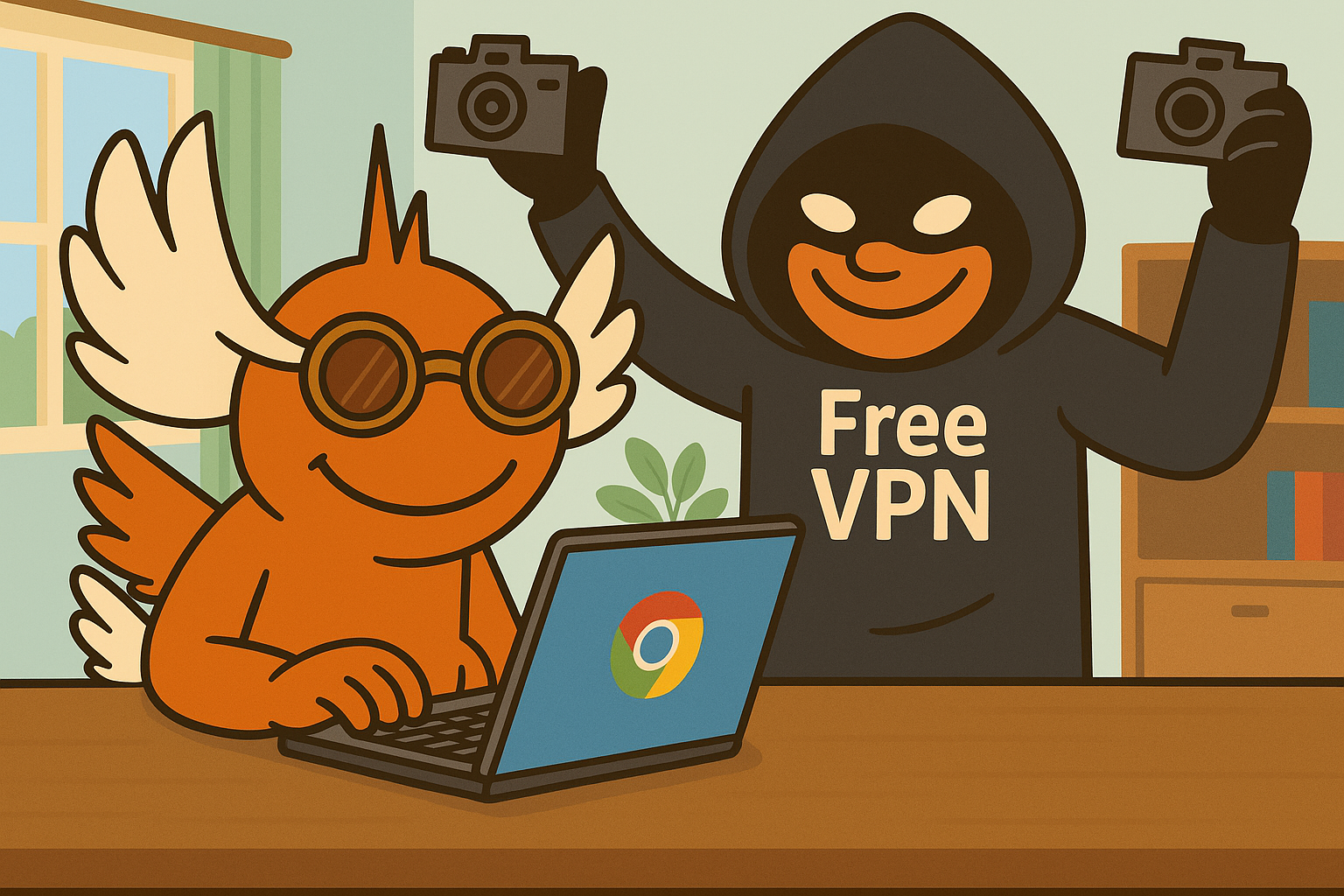- cross-posted to:
- technology@lemmy.world
- cross-posted to:
- technology@lemmy.world
Most people turn to a VPN for one reason: privacy. And with its verified badge, featured placement, and 100k+ installs, FreeVPN.One looked like a safe choice. But once it’s in your browser, it’s not working to keep you safe, it’s continuously watching you.



the reverse assumption was never claimed to be true though, but yes research is the important step, and often if something is free. Using a tor network for piracy for example is passing off any corporate liability to whoever end tunnel you end up using (disregarding any potential speed penalties you might get hit by). and of course you as a user are only protected as long as the chain of TOR doesn’t for some reason snitch on you.
privacy is a general term but depending on who you want privacy from can differ in usecase
Off-topic, but how come you don’t know that the whole point of TOR is that, theoretically, the chain can’t (trivially) snitch on you even if it wanted to?
What you describe incidentally can be done trivially with three servers from three good free VPNs, by creating chained tunnels yourself with network namespaces. Which means, taking the opposite of your point, that you can use good free VPNs with very good confidence about your safety/privacy, as long as there is no end-to-end collusion going on.